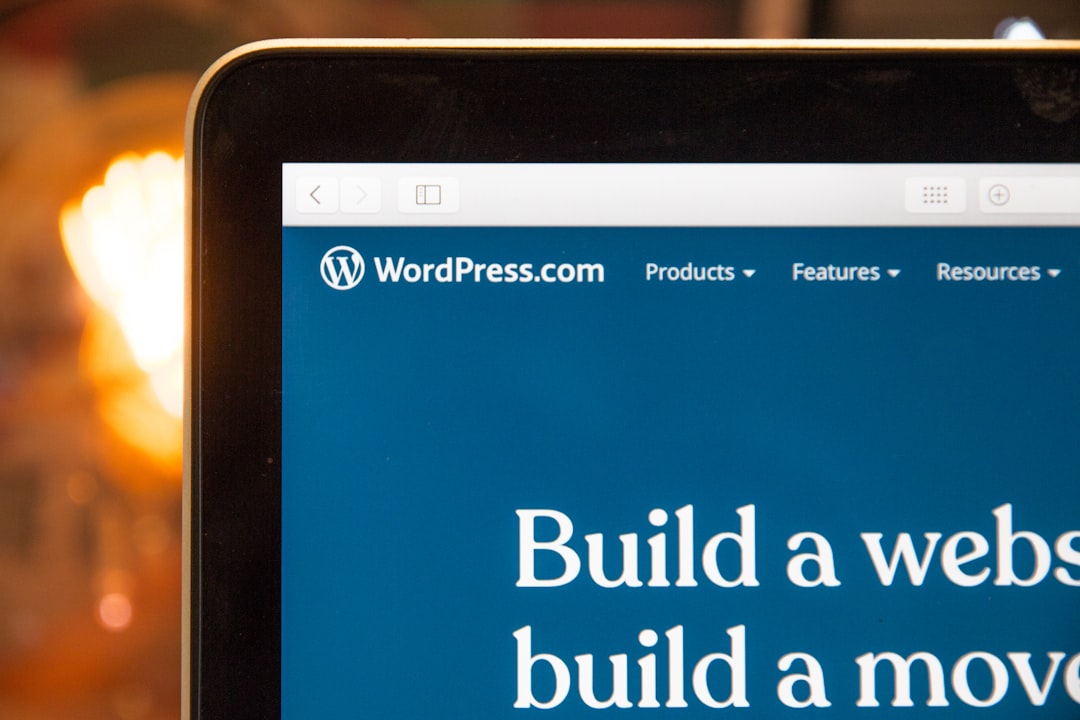When it comes to building a business website, one of the most important decisions you'll face is selecting the right Content Management System (CMS). A CMS is a platform that allows you to create, manage, and modify content on your website without needing extensive technical knowledge. Whether you're looking for an e-commerce site, a blog, or an informational website, choosing the right CMS is crucial for long-term success.
In this blog post, we’ll explore some of the most popular CMS options available, such as WordPress, Shopify, and others, and help you decide which is the best fit for your business.
1. What is a CMS and Why Does It Matter?
A Content Management System (CMS) is a software tool that simplifies the process of managing and organizing your website's content. Instead of relying on a web developer to make every change, a CMS provides an easy-to-use interface where you can update text, images, and other media. Additionally, it offers a range of customizable features like themes, plugins, and integrations that can enhance your website’s performance.
The right CMS can save you time, reduce costs, and give you the flexibility to grow and manage your website as your business evolves. However, with so many options available, selecting the best one for your business can be overwhelming. Here’s a look at some of the most popular CMS platforms and their strengths.
2. Popular CMS Platforms
2.1 WordPress: The All-Purpose CMS
WordPress is the most widely used CMS in the world, powering more than 40% of all websites. It is an open-source platform that provides flexibility, scalability, and a wide range of features for all kinds of websites.
Key Features:
- Ease of Use: WordPress offers a user-friendly interface that allows even beginners to create and manage content easily.
- Customization: With thousands of themes and plugins available, WordPress can be customized to fit almost any business need, from blogs to e-commerce sites.
- SEO-Friendly: WordPress is optimized for search engines and offers several plugins, such as Yoast SEO, to improve your site's visibility.
- Large Community: With such a huge user base, there’s a wealth of tutorials, forums, and support available.
Best For: Businesses of all sizes that need a flexible, customizable website with the potential for future growth. It's particularly strong for blogs, portfolios, service-based sites, and small e-commerce stores.
Estimated Cost: $50 - $500/year for hosting, themes, and plugins.
2.2 Shopify: The E-Commerce Powerhouse
Shopify is a cloud-based e-commerce platform specifically designed to help businesses sell products online. It is a great option if you plan to run an online store with a focus on ease of use and reliability.
Key Features:
- User-Friendly: Shopify is known for its easy-to-use interface, allowing you to build and manage your online store without technical skills.
- Integrated E-Commerce Tools: Shopify offers features like inventory management, order tracking, and payment gateway integration, making it ideal for e-commerce businesses.
- Security: Shopify includes SSL certificates and ensures that your online store is PCI-compliant, meaning your customers' data is protected.
- Mobile Optimization: Shopify’s themes are mobile-responsive, ensuring your online store looks great on smartphones and tablets.
Best For: Businesses that are focused on selling products online and want a hassle-free, reliable e-commerce platform with integrated payment solutions.
Estimated Cost: $29 - $299/month for the platform, plus additional fees for apps, themes, and transaction fees.
2.3 Joomla: The Versatile CMS
Joomla is another open-source CMS that sits somewhere between WordPress and more complex systems like Drupal. It offers a lot of flexibility and is well-suited for websites with more complex structures.
Key Features:
- Flexibility: Joomla offers a balance of ease of use and customization, making it a good choice for businesses that need more functionality without diving into complex code.
- Built-in Multilingual Support: Joomla makes it easy to create a multilingual website without needing third-party extensions.
- Extensions and Templates: Like WordPress, Joomla offers numerous templates and extensions to extend the functionality of your site.
Best For: Medium to large businesses or organizations that require a more complex website with multiple users, content types, and languages.
Estimated Cost: Free (open-source), but hosting and extensions can cost between $100 - $500/year.
2.4 Wix: The Drag-and-Drop Solution
Wix is a cloud-based website builder that uses drag-and-drop functionality, making it incredibly easy for anyone to create a website without technical skills. It’s designed for users who want a simple website-building experience.
Key Features:
- Drag-and-Drop Interface: Wix allows you to build your site by simply dragging and dropping elements like text, images, and buttons.
- Design Freedom: It offers hundreds of professional templates and allows for customization of layout and design.
- App Market: Wix provides an app market where you can add additional features like booking systems, live chat, and e-commerce tools.
- AI-Powered Tools: Wix has an artificial intelligence-based website builder that can create a personalized website based on your preferences.
Best For: Small businesses, personal websites, or businesses looking for a simple, quick-to-launch website without much customization or complexity.
Estimated Cost: $14 - $49/month, depending on the plan you choose.
2.5 Squarespace: Beautiful Design and Simplicity
Squarespace is a user-friendly platform that is known for its stunning, professionally-designed templates. It is an excellent choice for businesses that want a visually striking website without much design work.
Key Features:
- Stunning Templates: Squarespace offers highly polished and mobile-responsive templates with beautiful designs and layouts.
- All-in-One Solution: From domain registration to website hosting, Squarespace provides everything you need in one platform.
- Built-In E-Commerce: Squarespace has built-in e-commerce features that allow you to sell products with ease.
- SEO Tools: Squarespace includes basic SEO features to help improve your site’s search engine visibility.
Best For: Small to medium-sized businesses that need a visually appealing website with easy-to-use e-commerce and marketing features.
Estimated Cost: $12 - $40/month.
3. How to Choose the Right CMS for Your Business
Choosing the right CMS for your business depends on several factors. Here are some key considerations to guide your decision:
3.1 Purpose of Your Website
- Blog or Content-Focused Website: WordPress is an excellent choice for blogs and content-heavy websites because of its flexibility and ease of use.
- E-Commerce: If your main goal is to sell products online, Shopify or Squarespace (for smaller stores) are the best choices for their dedicated e-commerce features.
- Complex Sites or Customization Needs: Joomla or Drupal might be better suited for websites that require complex structures, multiple content types, or custom functionality.
3.2 Technical Skills
- Beginner-Friendly: If you don’t have technical skills and want an easy-to-use platform, Shopify, Wix, or Squarespace will be more suitable.
- Advanced Customization: If you need more control over customization, WordPress or Joomla could be the better choice.
3.3 Budget
- Low Budget: WordPress, Wix, and Joomla offer free or low-cost options, but you’ll still need to account for hosting, themes, and plugins.
- Higher Budget: Shopify and Squarespace come with higher monthly costs but offer all-inclusive packages that make management easier.
4. Conclusion
Choosing the right CMS for your business website is a decision that will impact how your website functions, how easily you can update and maintain it, and how well it meets your business goals. WordPress is a versatile, all-purpose CMS, while Shopify excels in e-commerce. Wix and Squarespace provide simplicity and beautiful designs, and Joomla offers more flexibility for complex sites. By considering your business needs, budget, and technical skills, you can select the CMS that will help you build a successful online presence.
Take your time to explore your options, and don’t be afraid to consult with professionals if you need assistance in choosing the best CMS for your business.










0 Comments